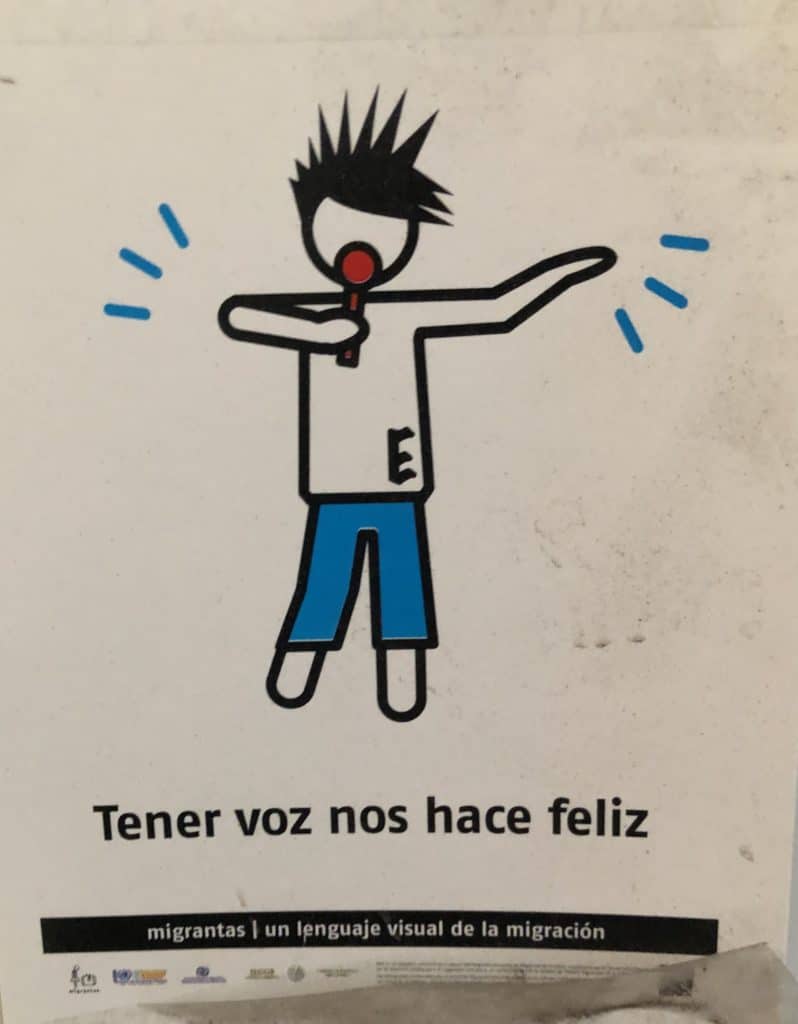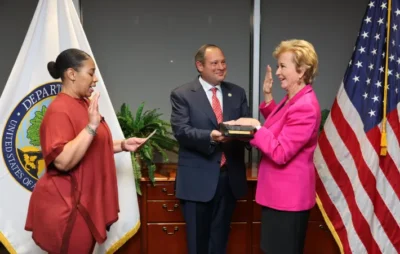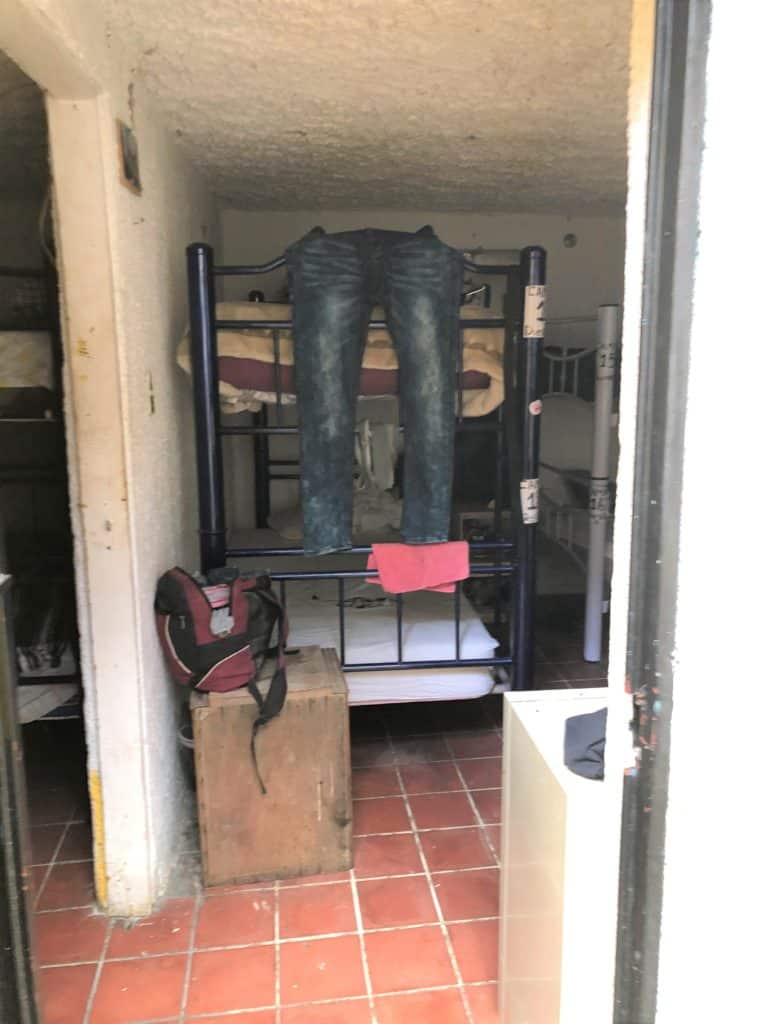
Haz clic aquí para leer este artículo en español.
What is the story you tell yourself about migrants to our state, our nation?
Is it shaped by our lore around the American dream and the land of plenty?
Today, the U.S. Supreme Court handed down an opinion that is a procedural win for DACA — Deferred Action for Childhood Arrivals — and our Dreamers. Chief Justice John Roberts delivered the opinion, writing for a 5-4 majority on the question of whether the termination of DACA violated the Administrative Procedure Act. Roberts was joined by Justices Ginsburg, Breyer, Kagan, and Sotomayor (though she dissented on the Court’s decision to deny an equal protection challenge).
The decision is an invitation to all of us to step back and think about the realities of immigration to North Carolina and the United States, and then to weigh in as the Department of Homeland Security (DHS) reconsiders DACA and who warrants favorable treatment in our country and why.
DACA, according to the opinion, “applies to childhood arrivals who were under age 31 in 2012; have continuously resided here since 2007; are current students, have completed high school, or are honorably discharged veterans; have not been convicted of any serious crimes; and do not threaten national security or public safety.”
The opinion continues, “DHS concluded that individuals who meet these criteria warrant favorable treatment under the immigration laws because they ‘lacked the intent to violate the law,’ are ‘productive’ contributors to our society, and ‘know only this country as home.'”
The decision
The opinion includes a refresher on how we got to this moment in time.
“In the summer of 2012, the Department of Homeland Security (DHS) announced an immigration program known as Deferred Action for Childhood Arrivals, or DACA. That program allows certain unauthorized aliens who entered the United States as children to apply for a two-year forbearance of removal. Those granted such relief are also eligible for work authorization and various federal benefits. Some 700,000 aliens have availed themselves of this opportunity,” Roberts writes in the opinion. Under different presidential leadership, “Five years later, the Attorney General advised DHS to rescind DACA, based on his conclusion that it was unlawful. The Department’s Acting Secretary issued a memorandum terminating the program on that basis.”
Under DACA, the deferred action lasts for two years but is renewable. It never provided a path to citizenship.
“Although the courts have ruled to maintain DACA, without a more permanent solution and pathway to citizenship our fears of uncertainty will always remain.”
— Melanie Padron, DACA recipient at El Pueblo
The U.S. Supreme Court held that the decision to rescind DACA was arbitrary and capricious. But note that all parties agree that DHS may rescind DACA; the question in this case was how it was rescinded.
The Court remanded the issue to DHS “so that it may consider the problem anew.”
That’s where you come in.
Thinking about immigration ‘anew’
“Unauthorized alien.” Let’s start there. Collectively we need a new vocabulary to even have this conversation.
And then we need an inclusive process. It needs to be safe for everyone to weigh in and use their voices to lift up concerns and hopes and dreams.

This moment presents an opportunity for us to think about all of our migrants from our Dreamers who may already think of this country as home to those who need to call our country home for a whole lot of different reasons.
One year ago, on June 17, 2019, I visited Casa Tochan — a shelter for adult, male migrants in Mexico City — with teachers from across North Carolina.
1789 miles. 28 days. Listen to this migrant’s story. In his own words. Unedited.
The journey to America is too often dangerous and scary.
The journey in America is too often dangerous and scary.
For me, and for many of the teachers on the trip, taking 30 minutes and listening to this story changed our perceptions about immigration.
The stories of migrants require us to consider who gets favorable treatment in our state and our country and why.
‘Anew’ through the lens of advocates
Immigrant rights’ groups — including the ACLU of North Carolina, Adelante, CIMA, Comunidad Colectiva, El Pueblo, LatinxEd, Our Turn, Poder NC Action, Student Action with Farmworkers, and Undocumented Filmmakers Collective — celebrated the Supreme Court’s decision today.
“This is a win for immigrant communities; it means DACA is reinstated. However, this is only a temporary win as the decision means that the Trump administration may still attempt to cancel it again,” El Pueblo said in a statement. “In light of this, El Pueblo encourages community members and allies to stay vigilant and take action. For DACA recipients, this means renewing now if you can.”
“Since the beginning, we have always known DACA was a band-aid solution to the challenges facing the immigrant community,” said LatinxEd in a statement. “And we’ve always known it has never provided protection to those that have made it possible for these young people to dream fearlessly — their parents. This supreme court ruling is largely thanks to the work of organizers, protestors, and advocates. As such, we must continue advocating for true, permanent immigration reform so everyone in our families is protected.”
EdNC’s role
In July, EducationNC will share with you a series we have been working on long before the DACA decision about our Latinx students and leaders.
The next iteration of our website will allow you to translate all of our articles.
Carol Bono will be leading our ongoing work to report on Latinx and ESL students.
EdNC is consulting with Emily Francis, a teacher, on Latinx content.
I hope this opinion will prompt all of us to think and rethink, learn and unlearn and relearn our story of immigration and how we want people to be treated here in this place many call home.
Here is the full opinion of the U.S. Supreme Court in Department of Homeland Security, et al. v. Regents of the University of California, et al.:
Behind the Story
Mebane Rash wrote this article and recorded the migrant’s story. Carol Bono translated and produced the video.
Recommended reading







